BLOG CATEGORIES
Flash Flood Protection and Safety Tips
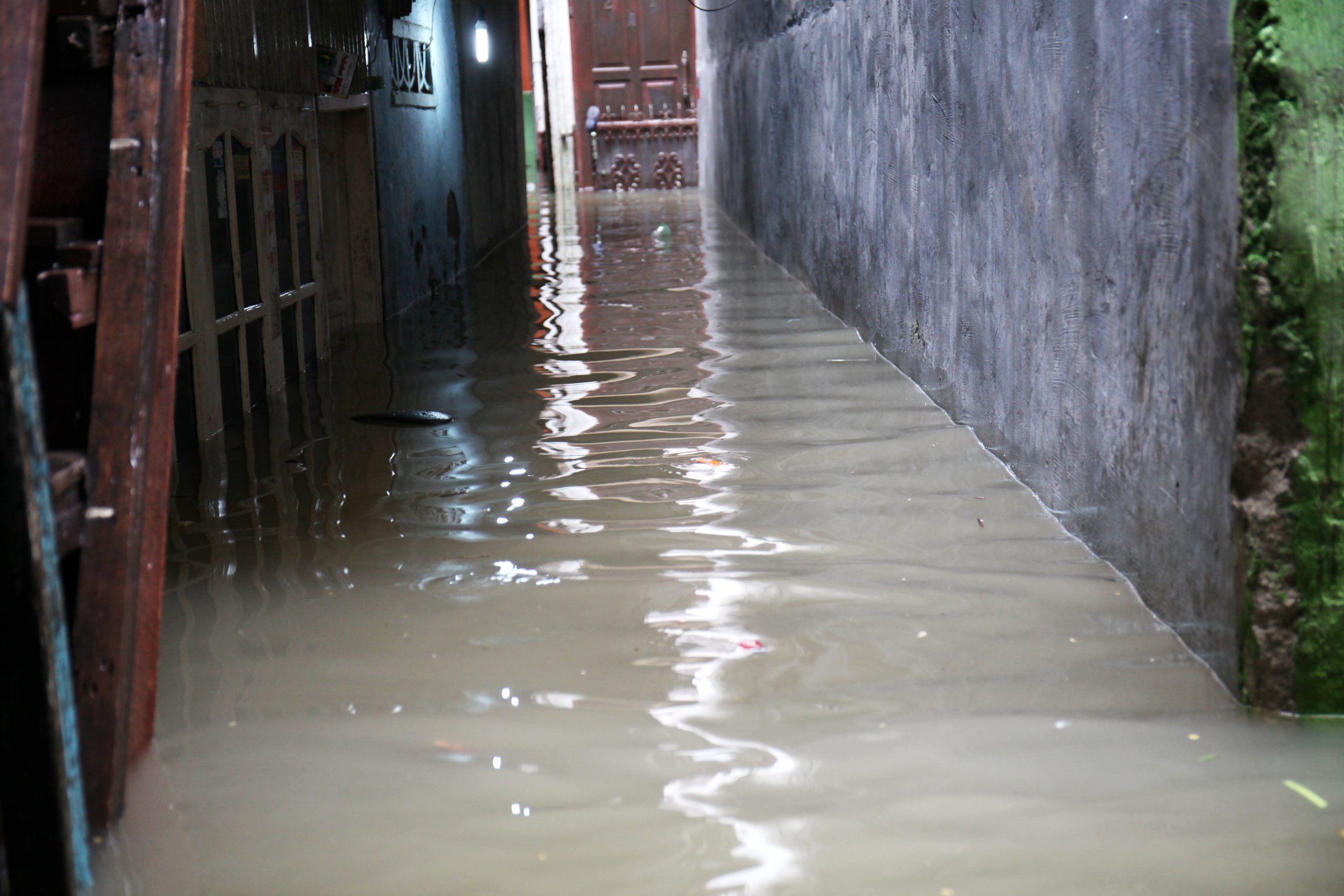
Some of the most common emergencies that property managers encounter are weather-related, with flash flooding right at the top of the list. Just because flash flooding is common doesn’t mean it can’t produce grave results. Here’s how you can prepare.
As a property manager, you must be prepared for all types of adversities, including issues with the weather. In fact, bad weather situations can be especially daunting, given their unpredictability. With an entire site and tenants to care for, such weather occurrences can have drastic and immediate effects for the property and the property manager. Take, for instance, flash flooding.
Find out how to improve safety and reduce costs at your property
Our best-in-class emergency phone + monitoring solutions provide peace of mind and are backed by decades of expertise
Learn More
2022 ELLIES WINNER
Best Supplier -
Communication System
FREE GUIDE: Building Your Emergency Action Plan >>
Flash floods happen quickly, hence their name. Flash floods are typically caused by heavy, continuous rainfall, melting snow, or oversaturated soil. They usually develop within six hours of a rainstorm, and in that short time, they can destroy buildings, uproot trees, trigger mudslides, and even carry away vehicles (and people). Most of us imagine flash floods to be no more than ankle deep, but they can actually climb to heights of thirty feet or more.
In fact, flash floods are considered the most dangerous type of floods, because they “combine the destructive power of a flood with incredible speed and unpredictability,” according to the National Severe Storms Laboratory (NSSL). According to the National Weather Service, flash flooding is the leading cause of weather-related deaths in the United States. In 2016, there were 126 deaths in the U.S. caused by floods. States most susceptible to flooding include Florida, Louisiana, California, New York, New Jersey, Virginia, South Carolina, North Carolina, Massachusetts and Georgia.
Furthermore, ninety percent of all annual disaster-related property damage is caused by flooding, according to the Federal Emergency Management Agency (FEMA) .
Keep this checklist handy to help you take preventative measures and keep your tenants safe in the event of a flash flood:
Prepare an emergency kit (and advise your tenants to do the same).
This kit should include prescription medications, important mementos and documents, personal and pet needs (bottled water, food, clothing, cash, first-aid kits). Many floods take at least 3-5 days to recede, so plan for your supply to last at least that long.
Keep flood-fighting equipment on hand.
Sandbags, plywood, lumber, plastic sheeting, trash bags, shovels, brooms, work/insulated boots and gloves are some of the essentials to have handy.
Know your local flood plan (and share it with your tenants).
Check with your local government for the proper procedures (including evacuation, shelters, and other safe locations) in the event of a flash flood. Review your property’s procedures and rules regarding flash flooding situations, and make sure your tenants are aware of them as well. If you do not currently have such procedures set in place, be sure to do so within your Emergency Action Plan.
Stay informed.
Download a weather-report app on your phone, or keep a battery-powered radio or TV nearby. Flood watches and warnings may be accompanied by vital evacuation instructions. Highly recommended: the FEMA app (available on Apple, Android and Blackberry mobile devices), which shares weather alerts from the National Weather Service (NWS).
Connect to The American Red Cross.
This organization helps disaster victims by offering safe shelter, meals, and relief supplies. Click here for more info.
Follow the rules.
If your area is instructed to evacuate by local authorities, don’t reconsider, and instruct your tenants to do the same.
Move to higher ground.
Avoid standing in rising water, and don’t stay where flash floods could be threatening. Find the location of the nearest, safest highest ground ahead of time, and share this information with your tenants.
Avoid interacting with flood water.
This type of water is not only dirty but hazardous; it carries bacteria and exposes you and your tenants to possible electric shock. Make sure to keep children away from flood water — they often think of it as a chance to swim and play.
Stay away from tap water.
You shouldn’t just be wary of flood water during these times. Even water from the sink could be contaminated in the event of a flash flood. Have plenty of bottled water on hand.
Consider a separate insurance policy for floods.
Most traditional insurance policies may cover water damage from a leak, but not damage from a natural disaster. Consider a flood insurance policy that covers the event of flash floods. For information on flood insurance, visit FloodSmart.gov. The National Flood Insurance Program (NFIP), which is administered by FEMA, connects to more than 80 private insurance companies to offer flood insurance to homeowners, renters and business owners.
Install a two-way emergency call system.
A two-way voice communication system may act as a lifesaver during a flash flood. Make sure that your tenants know where all emergency phones on the property are located and are aware of the benefits associated with using one.
That system should contain the following:
- A call button
- A light indicating that an emergency communication staff knows about the emergency and is on the case.
- Hands-free capability for ADA compliance
Your two-way communication system does not necessarily require a dedicated phone line for each phone. For instance, Kings III’s smart line seizure technology allows phones to seize an existing phone line rather than requiring a dedicated line, making these life safety devices cost effective.
Call boxes are required by law in many states (check your local laws). Kings III’s all-inclusive service provides you with the option of a complete package of code compliant emergency telephone equipment, installation and maintenance, plus 24-hour state-of-the-art monitoring and dispatch services.
Conduct a property inspection following any flash flooding.
You will want to thoroughly walk through and assess your building post-storm to recognize any unsanitary, damaging and unsafe as soon as possible, before they worsen. Immediate signs that your property may have been damaged by a flash flood:
- Warped walls
- Loose or cracked foundation
- Cracks or holes in the walls or floor
- Damage to power, gas, or water lines
- Mold in the ceiling and/or in the basement
More adverse weather preparedness: learn what essential precautions to take to prepare for hurricane season.
By following these steps and sharing those necessary with your tenants, they’ll feel safer and will have more knowledge about protecting their (and your) property, and you will have an increased chance of protecting your asset or building and minimizing damages in the event of flash flooding. To learn more about how Kings III can increase the safety and reduce risk and liability on your property, visit www.kingsiii.com.
CATEGORIES TAGGED
ELEVATORS
PROPERTY SAFETY
CATEGORIES
KEEP LEARNING

2024 Brings Increased Adoption of Codes Requiring Video and Two-Way Messaging for Elevator Communications
As 2024 progresses, the adoption of safety codes mandating video and two-way messaging capabilities for elevator communications is gaining momentum across the United States.

What an Emergency Dispatcher will Most Likely Ask You
When suddenly faced with an emergency, you may immediately feel frightened and helpless. An emergency communications system can help reduce or eliminate those reactions by providing immediate assistance. Here's what you can expect on the other side of a call you place from an emergency phone.

Kings III Makes The Dallas Morning News Top 100 Places to Work List Becoming a 4x Winner
We're honored to be recognized by our employees and The Dallas Morning News by making the daily newspaper’s Top 100 Places to Work list for the 4th year in a row, falling in at 26th in the midsize companies category.
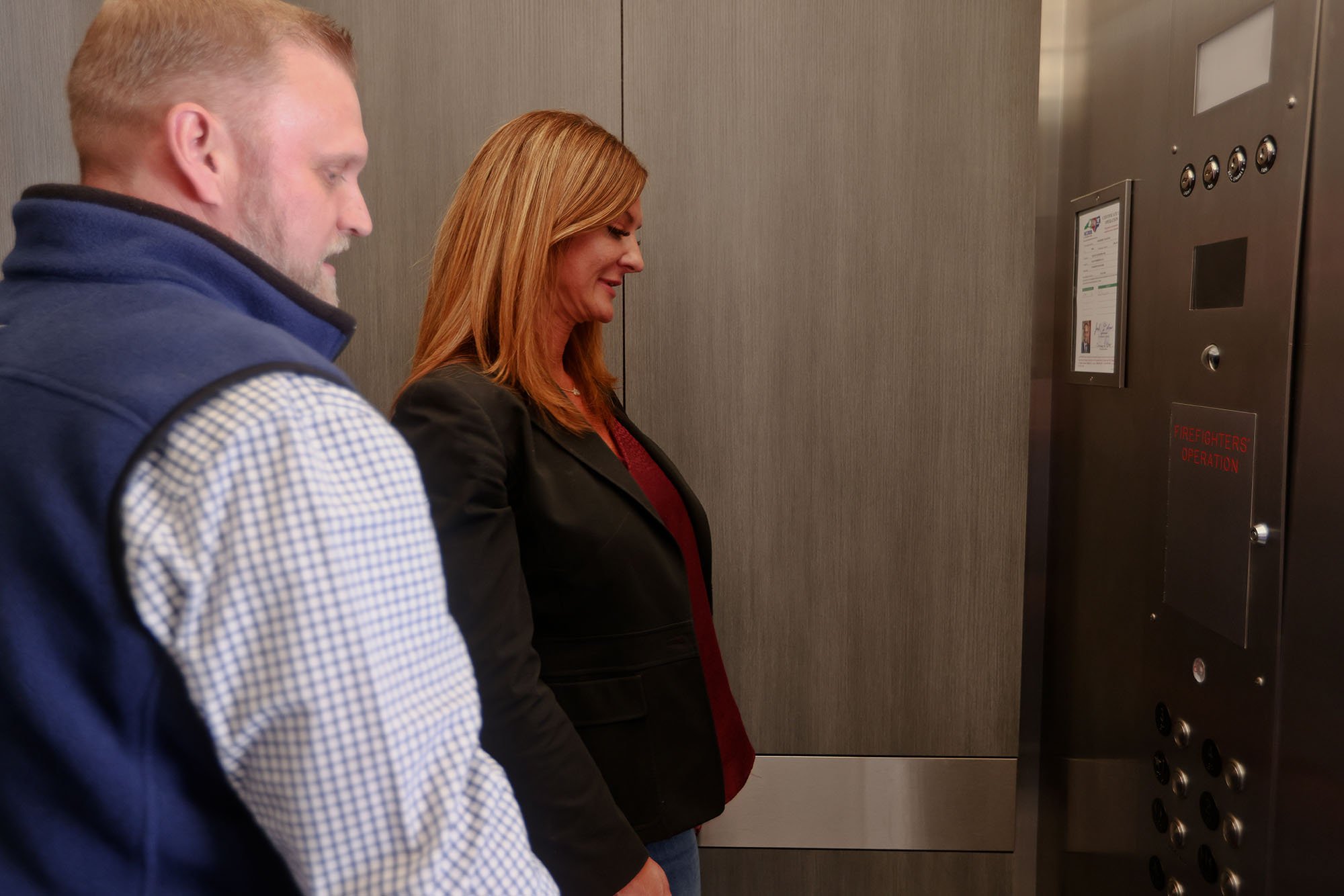
January 2024 Elevator Code Updates in Florida
Florida property managers have finally completed DLM requirements in their elevators (hopefully). But wait, there's more! Florida will adopt ASME 2019 starting January 1, 2024. Learn what this means, how you can comply, and get guidance from our code experts.
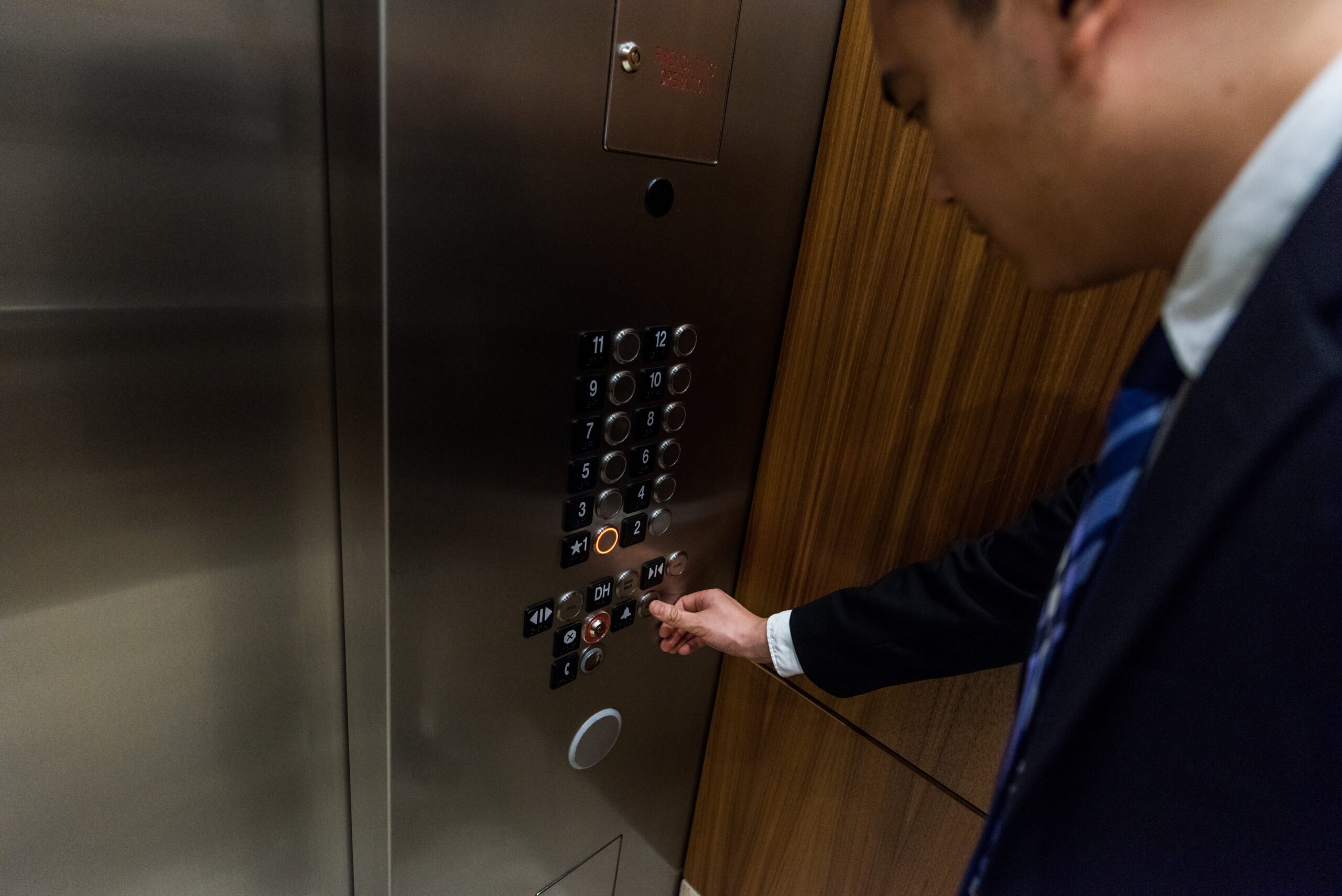
Survey Reveals Gaps in Building Emergency Communications Plans
A recent survey of property management professionals revealed that while more than 60 percent of respondents were aware that telecom companies are phasing out POTS (Plain Old Telephone Service, also known as analog copper land lines), nearly half reported their elevator emergency communication systems are still based on this endangered technology.

Successful Hotel CO Inspections
A CO is a vital requirement before opening your new-build/renovated hotel. One area we often see overlooked within the process is telecommunications. To help get you started, we’ve compiled a checklist of key telecom-specific items to consider that may be subject to inspection.
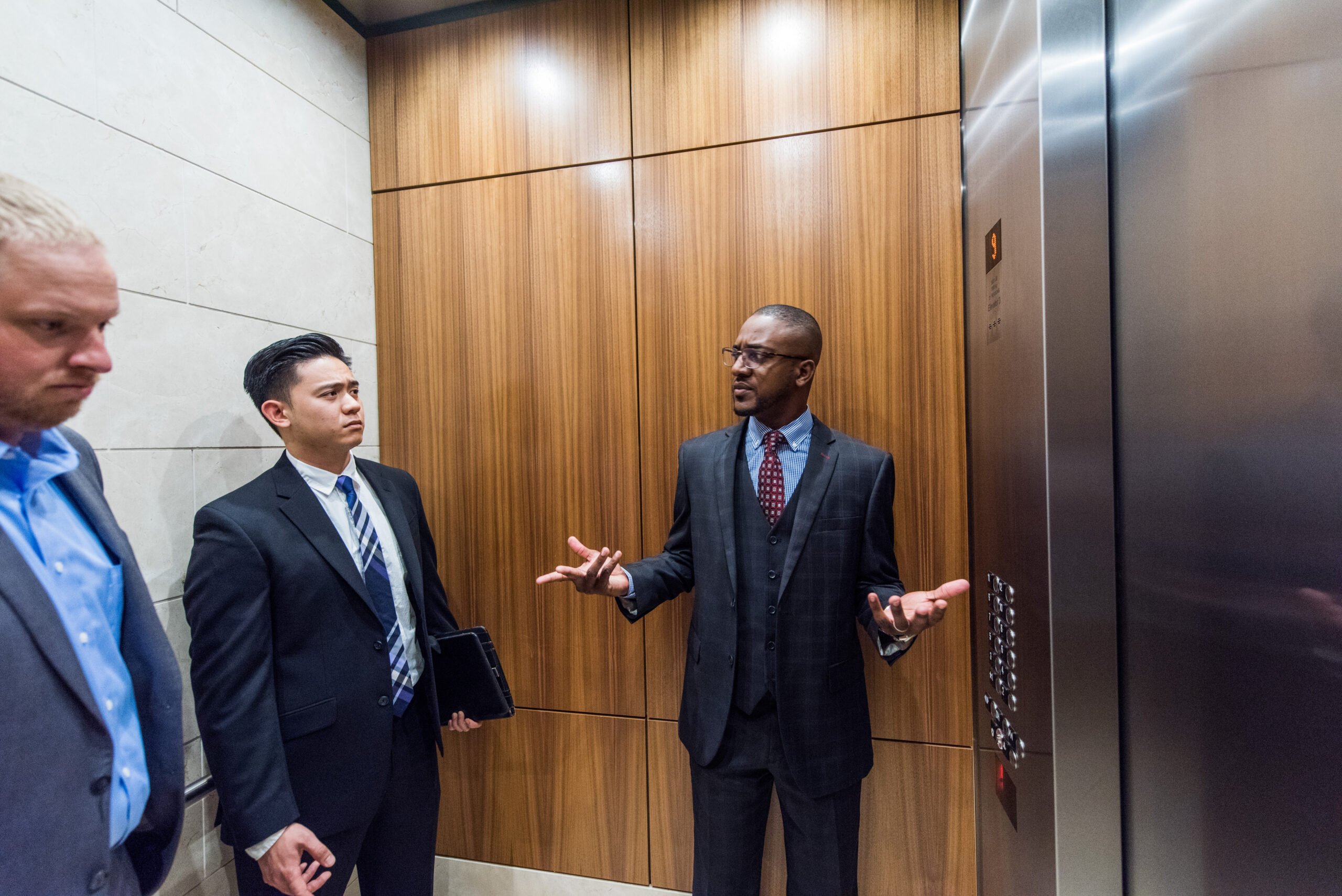
How is Elevator Liability Defined?
One of a building owner’s worst nightmares: a passenger gets into an elevator in perfect health but ends the ride with a serious physical or psychological injury. Thankfully, this is an extremely rare scenario, but all those involved in building management should know exactly how to define elevator liability and take action if an incident occurs.
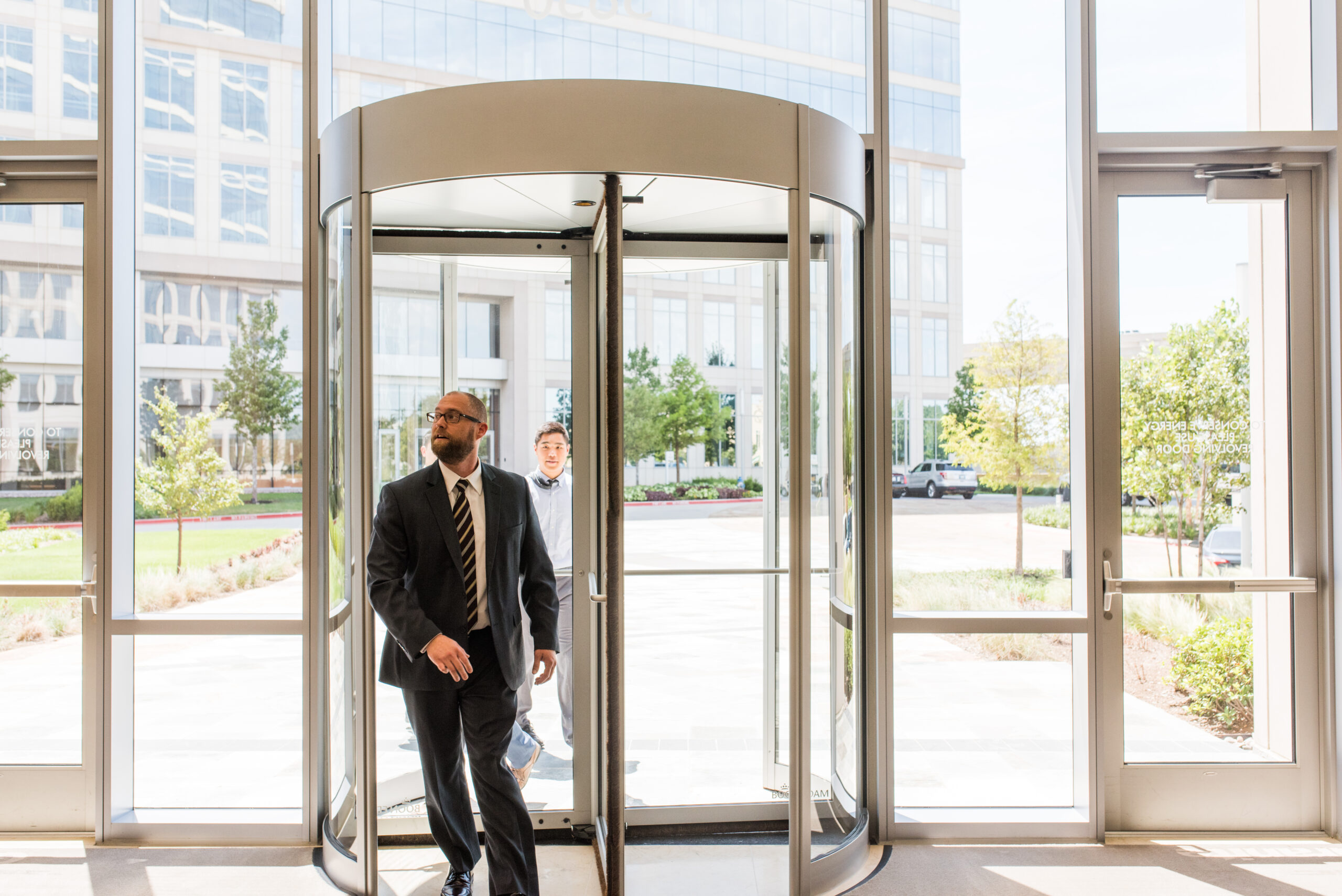
How is Your Premise Liability Law IQ?
A premises liability lawsuit holds a property owner responsible for any damages arising out of an injury on that person or entity's property. Keeping your property safe is, therefore, your number-one priority. Here's exactly what you need to know.

Kings III of America Announces CEO Transition
Kings III today announced that as part of a thoughtful succession process, Dennis Mason will be stepping down as Chief Executive Officer and transitioning to Senior Advisor. Norm Nelson, who has served as Chief Operating Officer since 2018, will succeed Mr. Mason as CEO.





